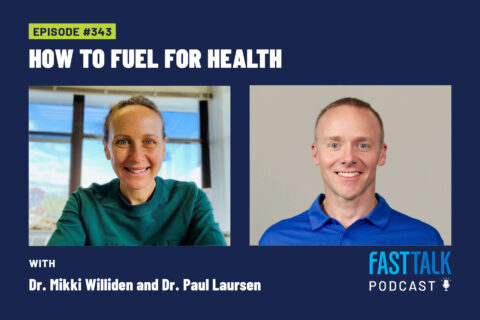
How to Fuel for Health
There’s an important difference between fueling for performance and fueling for health. In this episode, Dr. Mikki Williden and Dr. Paul Laursen give their suggestions on how to fuel for health.
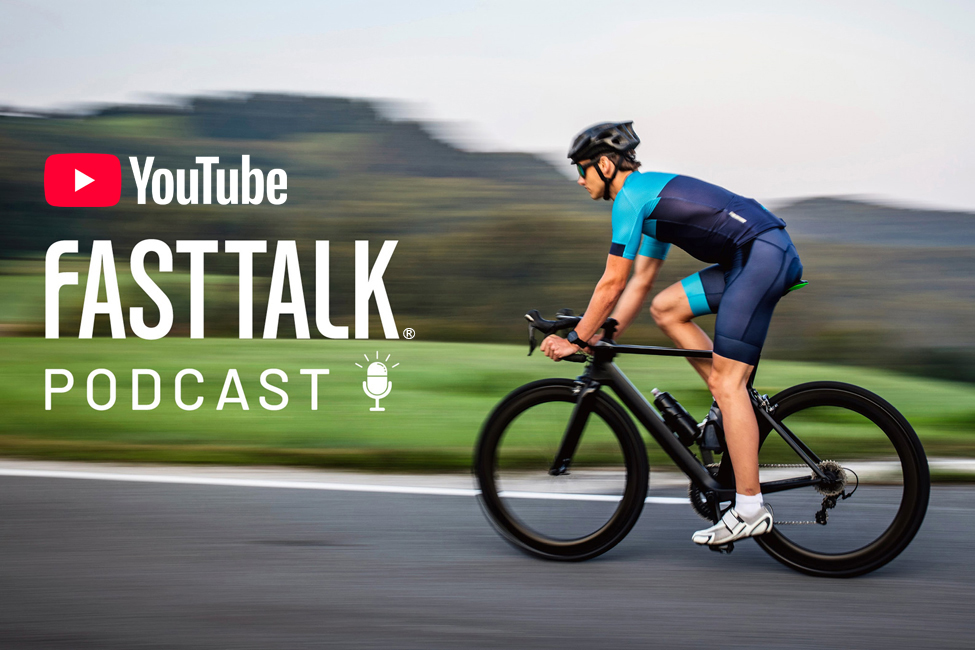
The Fast Talk Podcast focuses on the science of endurance sports in a conversational and informative style. Mixed into the deep discussions, there are tips and takeaways regarding endurance training philosophy, human physiology, workout design, performance nutrition, and sport psychology.
Our hosts Trevor Connor, Chris Case, Grant Holicky, Rob Pickels, and Julie Young explore these topics with world-class, leading experts on endurance sports. These include researchers like Dr. Stephen Seiler, Dr. Bent Ronnestand, Dr. Inigo San Millan, as well as coaches such as Joe Friel, Neal Henderson, Dr. Stacy Sims, and many more.
Subscribe to Fast Talk for over 400 episodes on Apple Podcasts, Overcast, Soundcloud, Spotify, Stitcher, or wherever you get your podcasts.
Fast Talk Podcast is now on YouTube! Subscribe now to get 150+ of our best episodes, new releases, and featured videos.

There’s an important difference between fueling for performance and fueling for health. In this episode, Dr. Mikki Williden and Dr. Paul Laursen give their suggestions on how to fuel for health.
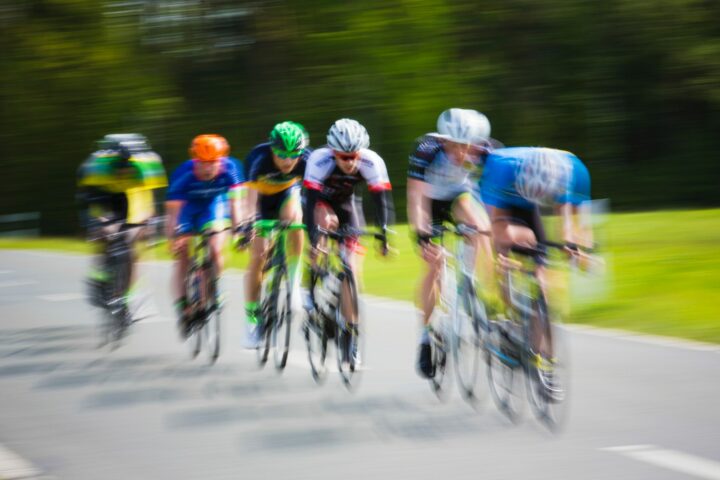
High-intensity training offers many benefits. It also has limitations. We explore just how much HIT work you need to perform at your best.
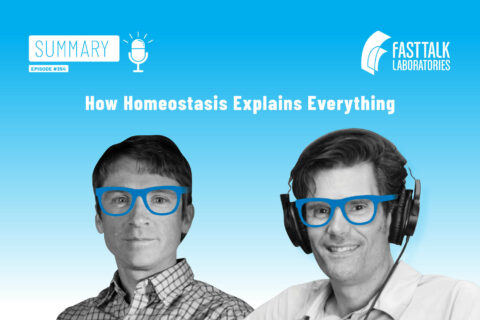
In this summary episode we discuss how homeostasis is at the core of almost every function in our bodies, including how we train and stay healthy.
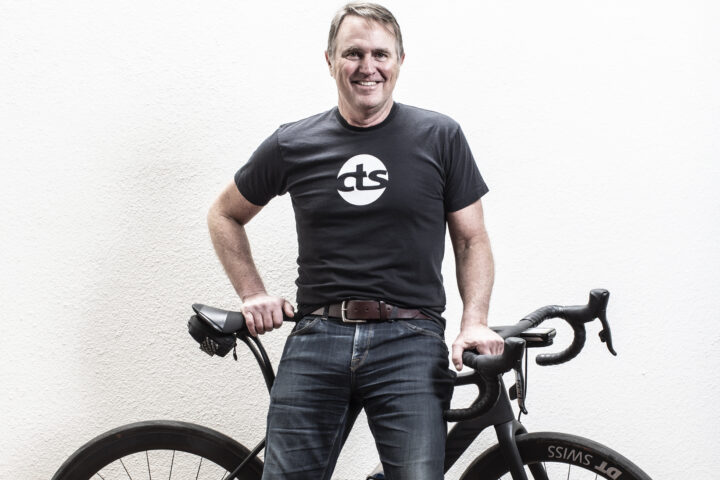
The author of “The Time-Crunched Cyclist” joins Fast Talk to discuss the science, merits, and limitations of the time-crunched training method.
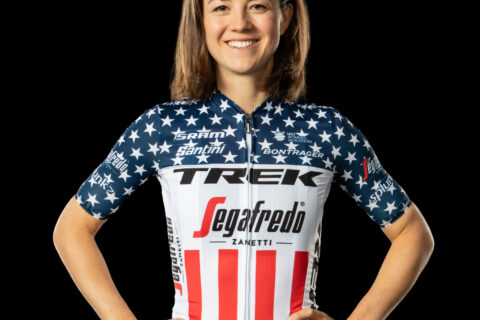
Today we’re discussing how to be aggressive, and when to be aggressive, in races. And we’re doing it with national road champion, Ruth Winder.
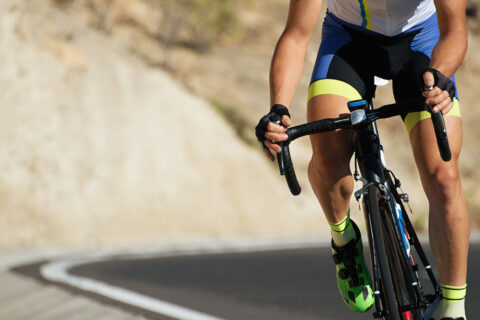
We bring in Dr. Stephen Seiler, one of the world’s preeminent exercise physiologists, to discuss how to adjust your training now that the world is in a chronic state of disruption.
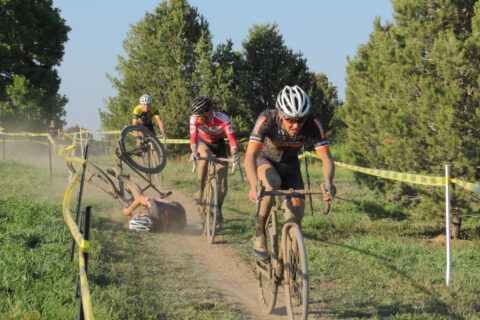
We provide the psychological tools that will help both with uncertain circumstances in life (like a pandemic) and with addressing the emotional rollercoaster that is bike racing.
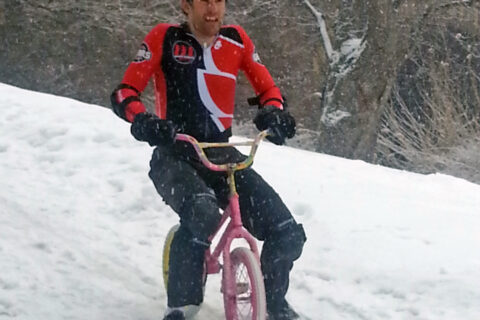
In episode 104, we wanted to give you something you’ve come to love about Fast Talk: a discussion on the science of training, and specifically answering your training questions about respiratory exchange rates, effectively using your bike commutes, and how to balance life with training.
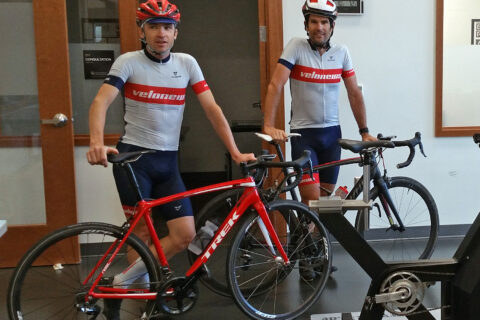
A discussion of the origins of Fast Talk with editor-in-chief Fred Dreier and a special episode as we say goodbye to VeloNews.
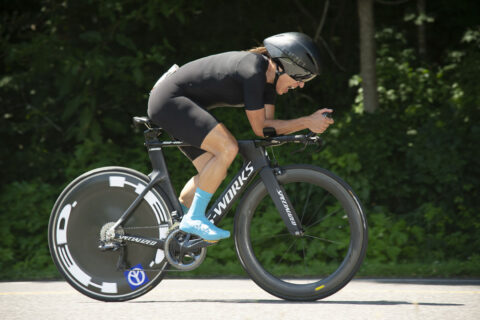
What is confidence? What is resiliency? What is pressure, and how can we better handle it? These are some of the questions we tackle in today’s episode.
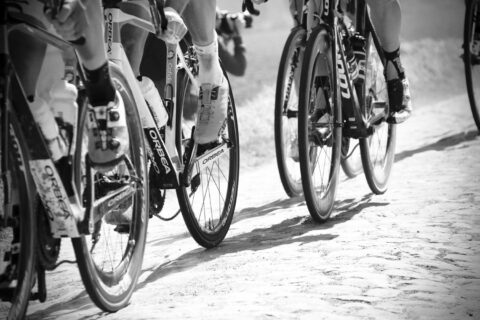
In this episode we look at the big picture when it comes to training in zones, or ranges, versus training a target number. Because what number is best?
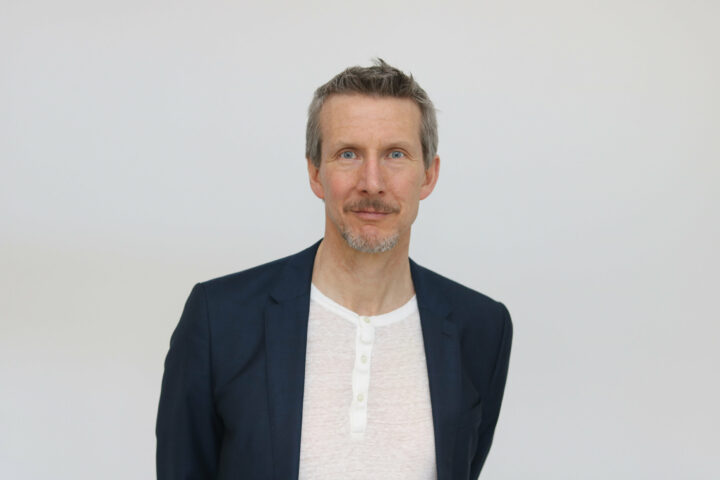
In this episode we learn about the inception of the polarized method, and we discuss Dr. Seiler’s current research on the all-important aerobic threshold.
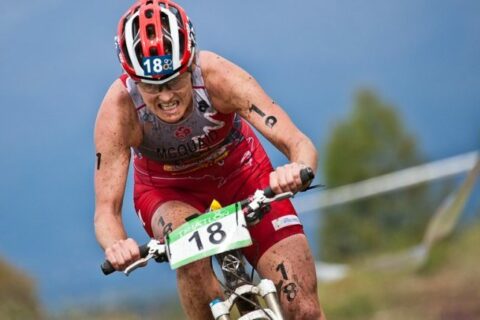
We delve into both the nuances of triathlon and how training for that sport relates to endurance training and cycling generally.
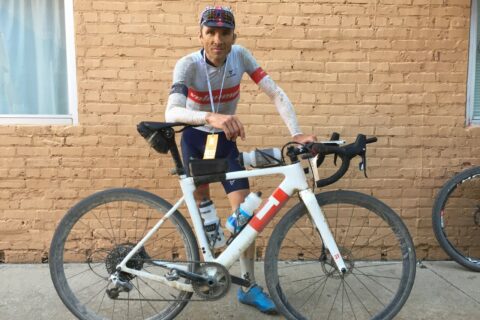
We answer questions on interval training and intensity, training for DK in flat places, and muscle fiber recruitment.
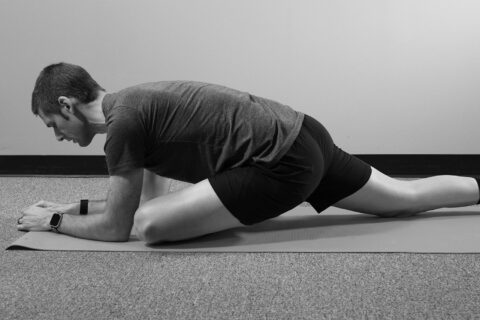
With the help of strength and conditioning coach Menachem Brodie, we delve into the benefits, precautions, and short- and long-term effects of stretching.
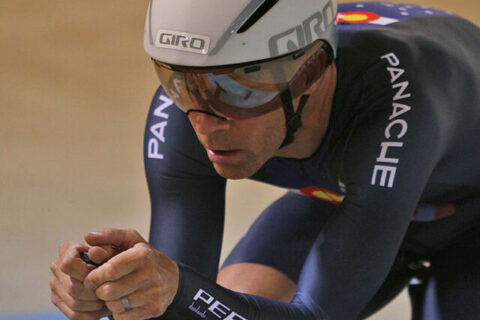
We asked Colby Pearce a simple question: Tell us what you know about the pedal stroke. Colby gave us a monologue of gold.
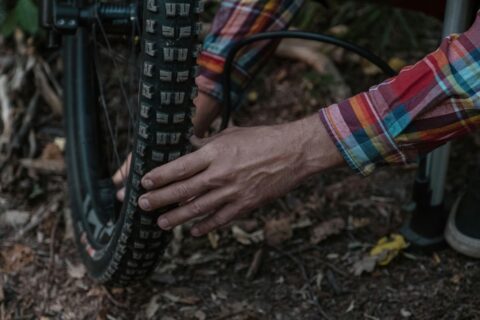
In episode 95 we explain the complexities of the tire, tire pressure, and how those things lead to changes in comfort, grip, rolling resistance, and more.
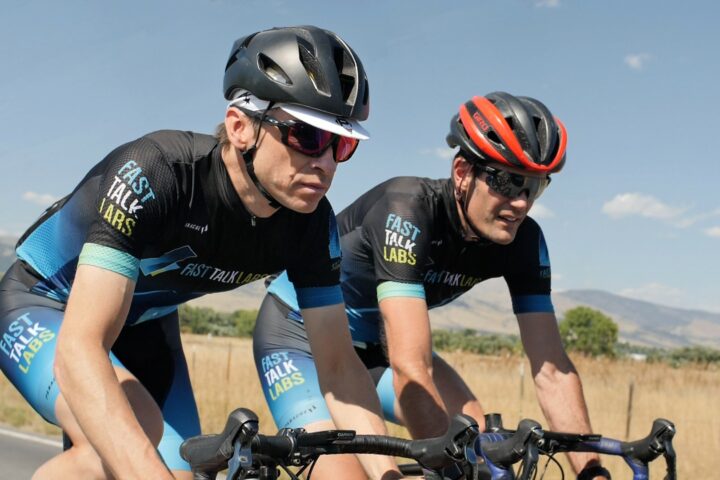
We take on questions about training while fasted, goal–setting analysis, and have a discussion on the polarized training approach.
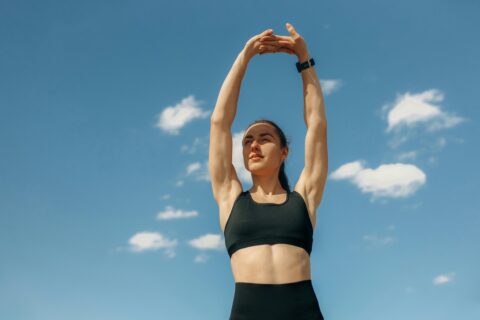
We discuss self-care, spending time on relationships, knowing your personal limits, and working to keep your passions alive while training and racing.
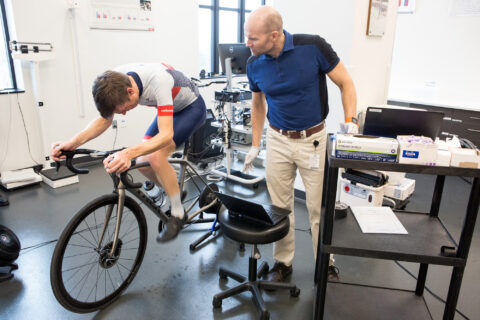
In episode 92, we answer questions on how to structure your training, overtraining, and laboratory testing.
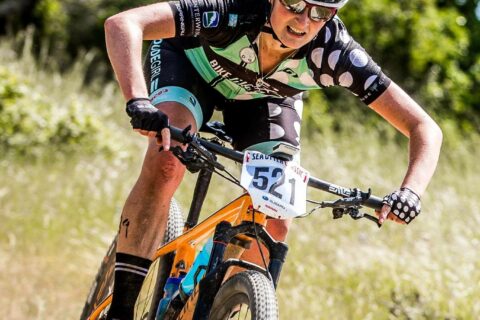
In episode 91 we emphasize the many critical aspects of training and coaching that don’t show up in the numbers.
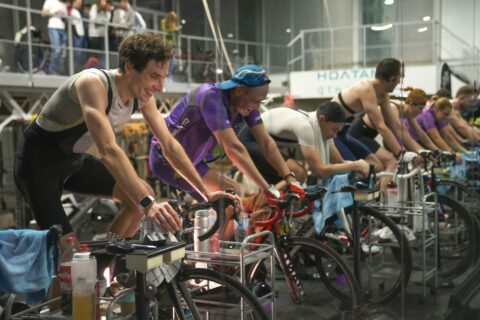
We discuss ways to stay motivated, add variety to your training methods, reinvigorate your work ethic, and improve performance for next season.